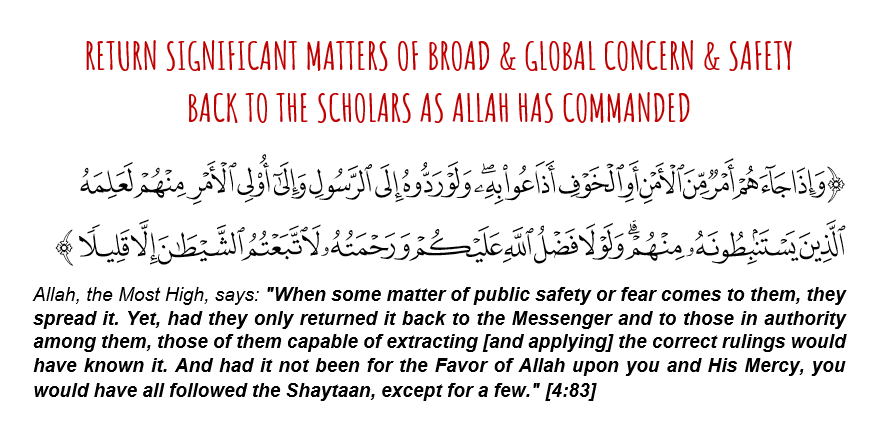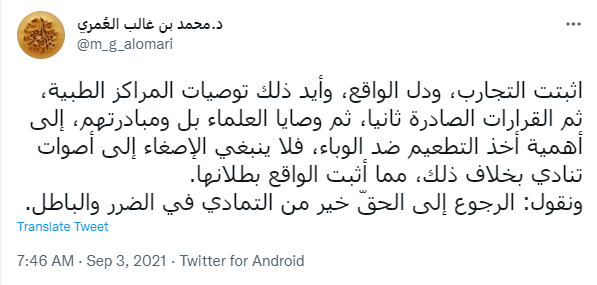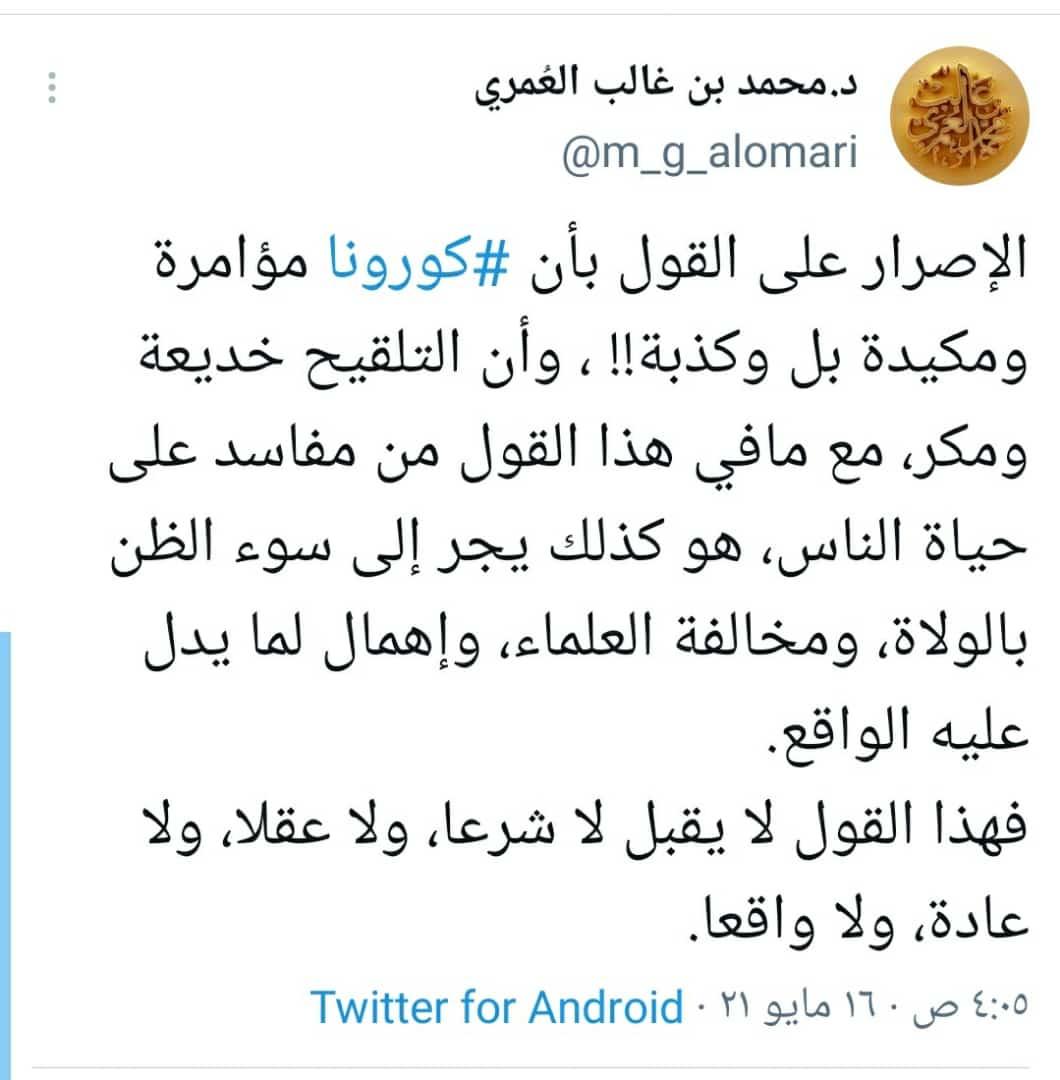In the Name of Allah, the Most Gracious, the Ever Merciful…
Completing one’s wudhoo‘ (or ghusl) by wiping over bandages over cuts, broken bones, or other wounds is established as a legitimate concession according to all four traditional math-habs [1], just as tayammum (using earth, soil, or sand for purification) is a legitimate concession for those who cannot access water, or using water would cause harm to them. [2] So a wounded person has these options to consider when taking a bath or making wudhoo‘, but which one should he choose?
The basic rule is that tayammum is only valid when water is unavailable or harmful when used. So if making wudhoo’ normally and wiping over one’s bandage at the place of his injury is possible without harm, then this is the correct course of action. [3] If there is potential harm in wiping over the bandage with water, then the injured person is allowed to make tayammum in place of wudhoo’ in such a case.
Scenario A: A man has a wound which has a scab over it, and washing it with water does not cause any harm. In this case, such an injured person must make wudhoo’ and take a bath as normal, using water when available.
Scenario B: A man has a wound which is open, and washing it with water could cause an infection or delay its healing. In this case, such an injured person must not allow water to get in the wound, and he makes wudhoo’ or takes a bath with water as he does normally, except that he wipes over the bandage at the place of his injury.
Scenario C: A man has a serious wound on one of the limbs of wudhoo’, like a severe burn on his foot or a large cut on his forearm, and the affected area must be kept absolutely dry. Wiping over the bandages in this case Continue reading



